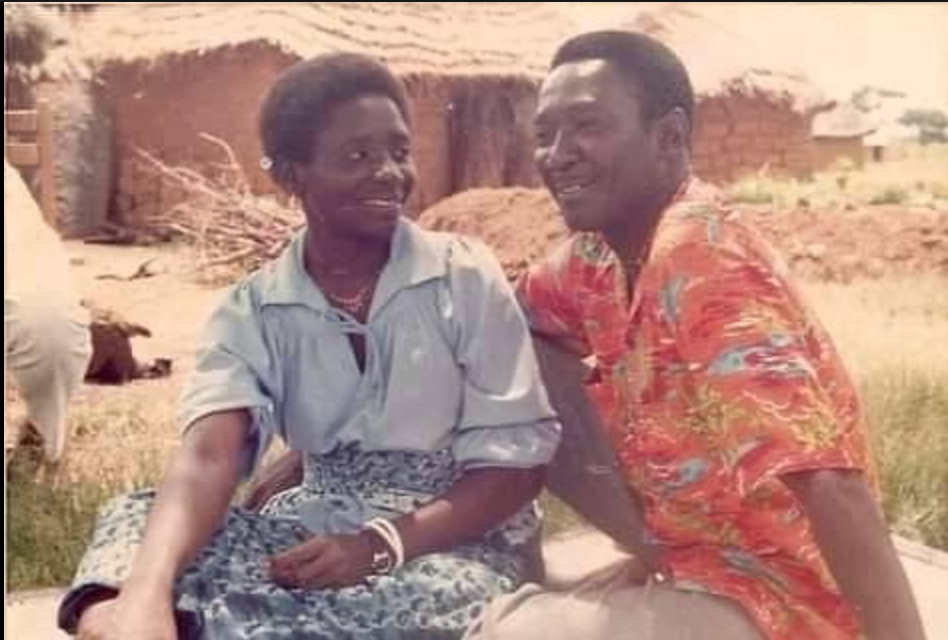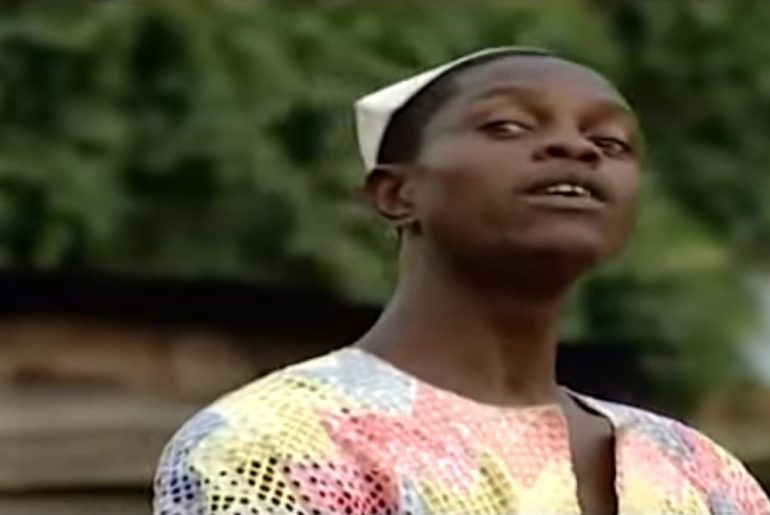Screenwriting
-

5 Invaluable Resources for Nigerian Screenwriters
Firstly Published On OCTOBER 9, 2020 A screenwriter’s journey to mastery isn’t without its fair share of ups and downs. The hours, months and years of obsessively watching and re-watching movies, poring over screenplays and books, listening to podcasts and lectures. All in a bid to get better in an ultra-competitive field with largely unpredictable…
-

The Lost Okoroshi Co-Writer Discusses Storytelling and Masquerades III
Firstly Published On APRIL 8, 2020 The concluding segment of the interview sees Africa Ukoh zone in further and harder on the need to take training seriously in our industry. It’s amazing to think conversations about his play, his critically acclaimed screenplays and craft as a whole has spawned over three weeks of weighty tips,…
-

The Lost Okoroshi Co-writer discusses Storytelling and Masquerades II
First Published On MARCH 27, 2020 Last week, FilmKaku began an interview with Africa Ukoh, talking about his journey as a writer and the screenwriting craft as a whole. We waded past 54 silhouettes to Green White Green to Masquerades to Lost Okoroshi before pulling up at his complete indifference to labels easily…
-

The Lost Okoroshi Co-Writer discusses Storytelling and Masquerades I
The Lost Okoroshi Co-Writer discusses Storytelling and Masquerades Part 1 First Published On MARCH 16, 2020 Who’s looking forward to catching The Lost Okoroshi soon? For years, a good number of film lovers in Nigeria have continually asked for two things: increased global acclaim for our movies and artistic expressions beyond lighthearted…
-

What these Screenwriters think about Nigerian Sitcoms
First Published SCREENWRITING MARCH 8, 2020 Situational Comedies (Sitcoms) used to be built around small communities of unilateral characters embroiled in everyday situations, employing slapstick actions and reactions to evoke laughter from the audience (or laugh tracks). But over the years, there’s been an expansion to accommodate more nuanced characters, less cartoonish contexts and subtle…
-

What Yemi Amodu’s Owo Eje teaches us about Storytelling
First Published On FEBRUARY 7, 2020 It’s common knowledge that the whodunit-mystery genre is undergoing a low-key revival on big screens lately. First there was Kenneth Branagh’s Murder On the Orient Express (2017) followed by Kyle Newacheck’s Murder Mystery (2019) on Netflix, Rian Johnson’s critically acclaimed crowd pleaser Knives out (2019) and a forthcoming Death…
-

What Dare Olaitan’s Ojukokoro can teach you about Storytelling
First Published On FEBRUARY 4, 2020 Ojukokoro, released in 2017, is an intricately plotted film with a lot of genius. Let’s take a closer look at it and take some lessons from it. 1. Resource Storytelling Dare Olaitan, the writer director, says he wrote Ojukokoro around the resources he already had: a prop gun, a…
-

Why Am I Angry’ Director Fatimah Binta Gimsay on Making Subversive films about Unhinged Women
First Published On OCTOBER 28, 2020 Fatimah Binta Gimsay is a fast-rising Nigerian screenwriter notable for Africa Magic primetime telenovelas: Hush, Unbroken, Battleground, Enakhe and Riona. Alternatively, Fatimah gives a bold nod to film producing and directing. She considers this a buffer to her thriving career in filmmaking. In a chat with Filmkaku, Fatimah works…
-

Lani Aisida talks Screenwriting in Nigeria II
First Published On JULY 8, 2020 Lani Aisida has been a part of prominent shows like Unbroken, Battleground, Skinny Girl in Transit, Phases and Rumour Has It. He also behind the African Stories Untold platform on YouTube and the goal is to break the culture of silence prominent in this part of the world. This…
-

Lani Aisida talks Screenwriting
First Published On JUNE 1, 2020 An inspired poet would probably describe the screenwriting process as a journey that starts with a pulsing flicker in the darker depths of the mind, later presenting as a chaotic lake of fire for long spells, before settling as an impressionable piece of art deserving of appreciation. The screenwriting…
